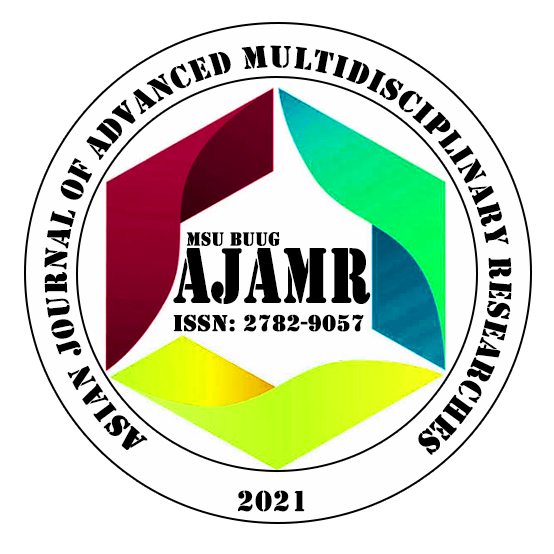

Author: Janekin V. Hamoc
Doctor of Philosophy, Graduate Studies, Universidad de Zamboanga, Zamboanga City, Philippines
Email: janekin.hamoc@one.uz.edu.ph
ABSTRACT
This study aimed to explore the teachers' experiences in addressing the learning gaps during the resumption of in-person classes post-pandemic.
Specifically, it sought to determine the learning recovery strategies implemented and the challenges encountered by the teachers. Six (6) teachers
from DepEd Zamboanga City Division were involved in this study employing a qualitative-phenomenological research design. The participants
were purposively selected based on the criteria defined in this paper. The data were collected through in-depth interviews with semi-structured
interview questions. The findings revealed that the teachers employed a multifaceted approach to bridge the learning gaps. These include
conducting remedial reading and pull-out sessions, integrating basic reading activities in all subject areas, and using differentiated instructions
and materials. However, teachers also encountered challenges related to the limited availability of resources, the need for professional
development to address pedagogical changes, the lack of parental support, and absenteeism among learners. The research finding suggests
intervention at the individual and system levels to mitigate the learning gaps. Policy recommendations include upskilling and plans of teachers,
particularly in teaching beginning reading, increasing funding allocation for basic education resources, reviewing implementation of the
learning recovery plans, and improving collaboration with parents and community stakeholders to support learners’ education.
Keywords: : teachers strategies, learning gap, learning loss, in-person classes, challenges, post-pandemic